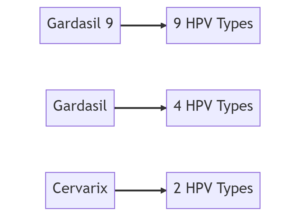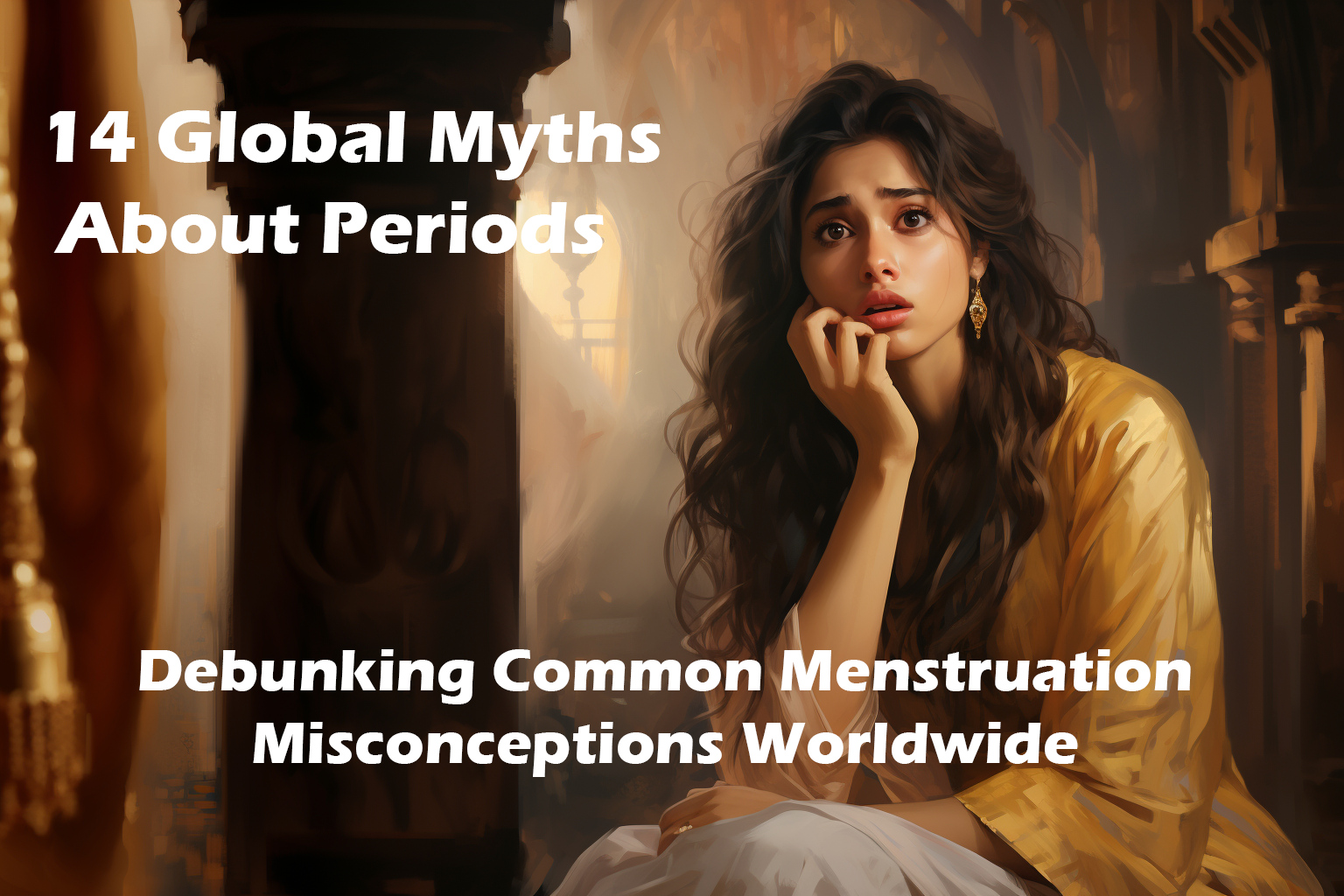
Table of Contents
-
- Introduction to HPV
-
- The Importance of the HPV Vaccine
-
- Who Should Get the HPV Vaccine and When
-
- Understanding the HPV Vaccine Types
-
- Effectiveness and Safety of the HPV Vaccine
-
- Possible Side Effects and Precautions
-
- Frequently Asked Questions
-
- Conclusion
Introduction to HPV
Human Papillomavirus (HPV) is a group of over 200 related viruses that infect the skin and mucous membranes. HPV is responsible for causing a variety of health problems, such as genital warts, and is the leading cause of cervical cancer. In fact, HPV is so common that nearly all sexually active individuals will be infected with at least one type of HPV at some point in their lives.
The Importance of the HPV Vaccine
The HPV vaccine is a crucial preventative measure against the harmful effects of HPV. It not only protects against genital warts and cervical cancer, but also against other HPV-related cancers such as anal, vulvar, vaginal, penile, and oropharyngeal cancers. By getting vaccinated, you significantly reduce your risk of developing these conditions and promote a healthier future for yourself and your loved ones.
Who Should Get the HPV Vaccine and When
The Centers for Disease Control and Prevention (CDC) recommends the HPV vaccine for:
-
- Girls and boys aged 11 or 12 years, with catch-up vaccinations for those aged 13 to 26 years who have not been previously vaccinated
-
- Individuals with weakened immune systems, including those with HIV
-
- Men who have sex with men, transgender individuals, and men aged 22 to 26 years
The vaccine is typically administered in a series of two or three doses, depending on the age at which you receive the first dose. For those aged 9 to 14 years, two doses are recommended, whereas for individuals aged 15 and older, three doses are advised.
Understanding the HPV Vaccine Types
There are three FDA-approved HPV vaccines currently available:
-
- Gardasil 9 – This vaccine protects against nine types of HPV, including those responsible for causing 90% of cervical cancers and 90% of genital warts.
-
- Gardasil – This older version of the vaccine protects against four types of HPV, covering 70% of cervical cancers and 90% of genital warts. It is no longer distributed in the United States.
-
- Cervarix – This vaccine protects against two types of HPV responsible for causing 70% of cervical cancers. It is no longer available in the United States.

Gardasil 9 is the most comprehensive HPV vaccine and is the one currently recommended and administered in the United States.
Effectiveness and Safety of the HPV Vaccine
The HPV vaccine has shown remarkable effectiveness in preventing HPV infections and related health complications. Clinical trials have demonstrated that the vaccine is nearly 100% effective in preventing HPV types covered by the vaccine when administered before exposure to the virus. Additionally, real-world data supports the vaccine’s effectiveness, as countries with high vaccination rates have seen a significant decrease in HPV infections and related diseases.
The HPV vaccine has undergone extensive testing and evaluation for safety. Over 120 million doses have been administered in the United States, with a well-established safety profile. The vaccine is continually monitored by the CDC and the FDA to ensure ongoing safety and effectiveness.
Possible Side Effects and Precautions
Like any vaccine, the HPV vaccine may cause side effects. However, most side effects are mild and resolve on their own. Common side effects include:
Pain, redness, or swelling at the injection site
Fever
Headache
Fatigue
Nausea
In rare cases, individuals may experience more severe side effects, such as an allergic reaction. If you have concerns about potential side effects or have a history of severe allergic reactions, consult your healthcare provider before receiving the vaccine.
Frequently Asked Questions
How long does the HPV vaccine provide protection?
Current data suggests that the HPV vaccine provides long-lasting protection. Studies have shown that the vaccine remains effective for at least 10 years after administration, and there is no evidence to suggest that protection decreases over time.
Can pregnant women receive the HPV vaccine?
The HPV vaccine is not recommended for pregnant women. If you are pregnant or planning to become pregnant, consult your healthcare provider for guidance on the best time to receive the vaccine.
Does the HPV vaccine protect against all types of HPV?
No, the HPV vaccine does not protect against all HPV types. However, Gardasil 9, the most comprehensive vaccine, covers nine types of HPV responsible for the majority of HPV-related health complications.
Can individuals who have already been infected with HPV benefit from the vaccine?
Yes, individuals who have been infected with one type of HPV can still benefit from the vaccine, as it can protect against other types of HPV not previously contracted.
Conclusion
The HPV vaccine is a vital tool in the fight against HPV-related health complications, including cervical cancer and genital warts. By getting vaccinated, you can significantly reduce your risk of developing these conditions and promote a healthier future for yourself and your loved ones. Consult your healthcare provider to determine the best course of action for you and your family in relation to the HPV vaccine.




